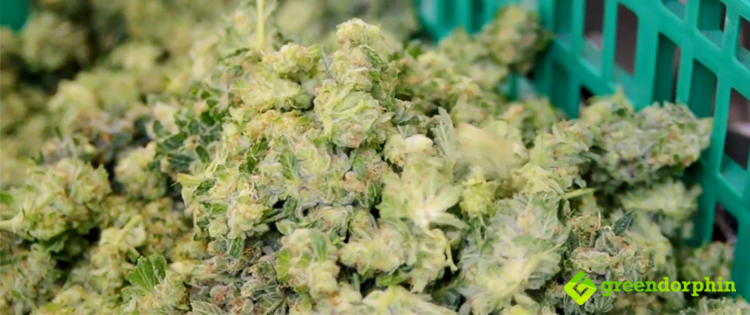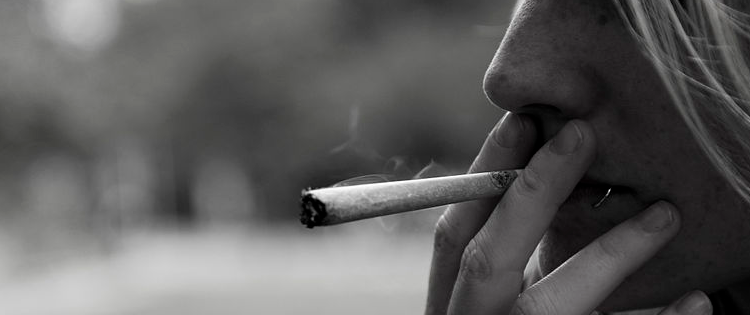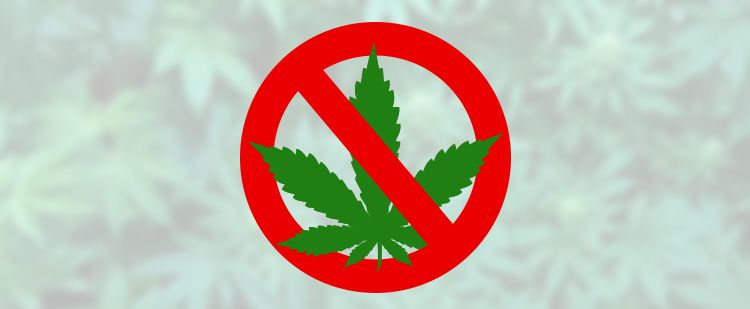The British initiated the Indian Hemp Drugs Commission report in the late 1800’s, however, hadn’t had a detailed study of cannabis in Britain until 1968.
In that year, Barbara Wootton, the chair of the Sub-committee on Hallucinogens of the UK Home Office Advisory Committee on Drug Dependence set out to compile a report on cannabis and LSD. The Sub-committee was appointed in 1967 with the purpose to review available literature and evidence on the pharmacological, clinical, pathological, social and legal aspects of cannabis and LSD.
The report was published in 1969 and ended up focusing on cannabis only and not on LSD.
The Wootton report’s findings were in line with the previously compiled medical and scientific studies, the Sub-committee came to the same conclusion as similar studies in India and the US.

“Having reviewed all the material available to us we find ourselves in agreement with the conclusion reached by the Indian Hemp Drugs Commission appointed by the Government of India (1891-1894) and the New York Mayor’s Committee on Marihuana (1944), that the long-term consumption of cannabis in moderate doses has no harmful effects.”
“In Western society cannabis is sometimes taken with other drugs. There is no evidence to suggest that cannabis in man in customary doses enhances the effect of other drugs. When combined with other drug, cannabis in man does not cause this to exert an effect quantitatively greater than that which would result from the use of that drug alone in the same dose; when cannabis used with other drugs such as LSD, or occasionally alcohol, it is their effects, rather than those of cannabis with predominate.”
“Witnesses knowledgeable about patterns of use told us that although some people smoked every day without interference to work and social life, the typical user probably took the drug once or twice the week, among at a ‘high’ of 2 or 3 hours.”

The committee used already available literature to myth-bust the ‘gateway drug’ myth.
“Our witnesses had nothing to add to the information already available, and we have concluded that a risk of progression to heroin from cannabis in not a reason for retaining the control over this drug.”
“Unlike the “hard” drugs, such as heroin, cannabis does not produce tolerance. Consuming the same, sometimes even a smaller, amount of cannabis continues to produce the original effect. Unlike heroin, cannabis does not cause physical dependence and withdrawal effects do not occur when its use is discontinued.
The majority of users regard cannabis as pleasurable and so continue its use, but if they decide to give it up they do not usually experience difficulty.”
The report already pointed out the unjust and unfair nature of cannabis prohibition back in the late 60’s.

“In spite of the threat of severe penalties and considerable effort at enforcement, the use of cannabis in the United Kingdom does not appear to be diminishing. There is a body of opinion that criticises the present legislative treatment of cannabis on the grounds that it exaggerates the dangers of the drug, and needlessly interferes with civil liberty.”
“…in terms of physical harmfulness, cannabis is very much less dangerous than the opiates, amphetamines and barbiturates, and also less dangerous than alcohol.”
The conclusion of the report was that even though the physical effects are less harmful than alcohol and all other drugs, the psychological effects need to be further studied and laws should be adjusted accordingly.
Obviously, since then the world is waking up to the broad therapeutic effects of cannabis and governments are legalising cannabis around the world.
We’d love to hear from you. Share your views in the comments below.
- Bomb Pro Electric Dab Rig Review - April 19, 2024
- How to Use Waxmaid Honey Pen? - April 9, 2024
- How To Choose The Best Electric Dab Rig For Christmas - December 7, 2023


